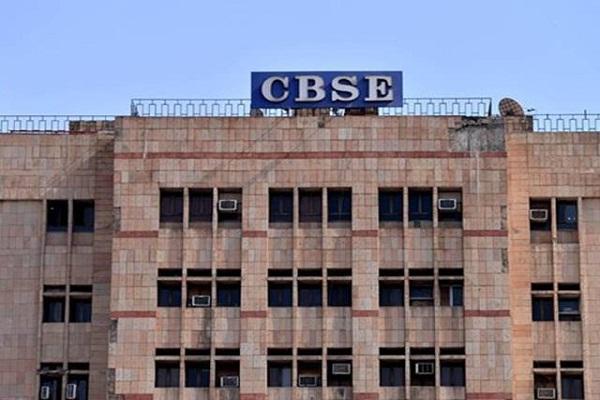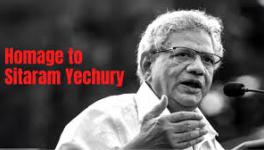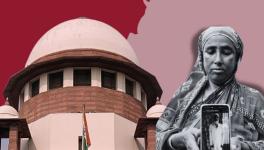COVID-19: CBSE ‘Rationalises’ Syllabus, Chapters on Secularism, Nationalism and Demonetisation Sacrificed

Representational image. | Image Courtesy: digital learning magazine
New Delhi, Jul 7: The Central Board of Secondary Education (CBSE) has “rationalised” the syllabus for classes 9 to 12 for the academic year 2020-21 by up to 30% in order to reduce the course load on students amid the COVID-19 crisis, Union HRD Minister Ramesh Pokhriyal 'Nishank' announced on Tuesday. Interestingly, the chapters that have been sacrificed include those about democracy, nationalism and secularism, among others.
The curriculum has been rationalised while retaining the core elements, the Human Resource Development minister said.
Among the chapters dropped after the rationalisation exercise are lessons on democracy and diversity, demonetisation, nationalism, secularism, India's relations with its neighbours and growth of local governments in India, among others.
“Looking at the extraordinary situation prevailing in the country and the world, CBSE was advised to revise the curriculum and reduce course load for the students of classes 9 to 12. To aid the decision, a few weeks back I also invited suggestions from all educationists on the reduction of syllabus for students and I am glad to share that we received more than 1.5K suggestions. Thank you, everyone, for the overwhelming response (sic)," Nishank tweeted.
"Considering the importance of learning achievement, it has been decided to rationalise syllabus up to 30 per cent by retaining the core concepts (sic)," he added.
The Union Minister said the changes made in the syllabi have been finalised by the respective course committees with the approval of the curriculum committee and the Governing Body of the Board.
"The heads of schools and teachers have been advised by the board to ensure that the topics that have been reduced are also explained to the students to the extent required to connect different topics. However, the reduced syllabus will not be part of the topics for internal assessment and year-end board examination. Alternative academic calendar and inputs from the NCERT on transacting the curriculum using different strategies shall also be part of the teaching pedagogy in the affiliated schools," a senior official of the HRD ministry told PTI.
For classes one to eight, the National Council of Education Research and Training (NCERT) has already notified an alternative calendar and learning outcomes.
According to the updated curriculum, among the chapters deleted from class ten syllabus are – democracy and diversity, gender, religion and caste, popular struggles and movement and challenges to democracy.
For class 11, the deleted portions included chapters on federalism, citizenship, nationalism, secularism and growth of local governments in India.
Similarly, class 12 students will not be required to study chapters on India's relations with its neighbours, changing nature of India's economic development, social movements in India and demonetisation, among others.
Universities and schools across the country have been closed since March 16 when the central government announced a nationwide classroom shutdown as one of the measures to contain the COVID-19 outbreak.
A nationwide lockdown was announced on March 24, which came into effect the next day. While the government has eased several restrictions, schools and colleges continue to remain closed.
Get the latest reports & analysis with people's perspective on Protests, movements & deep analytical videos, discussions of the current affairs in your Telegram app. Subscribe to NewsClick's Telegram channel & get Real-Time updates on stories, as they get published on our website.
























